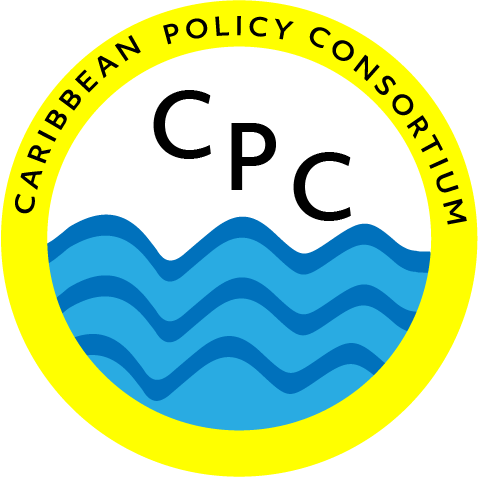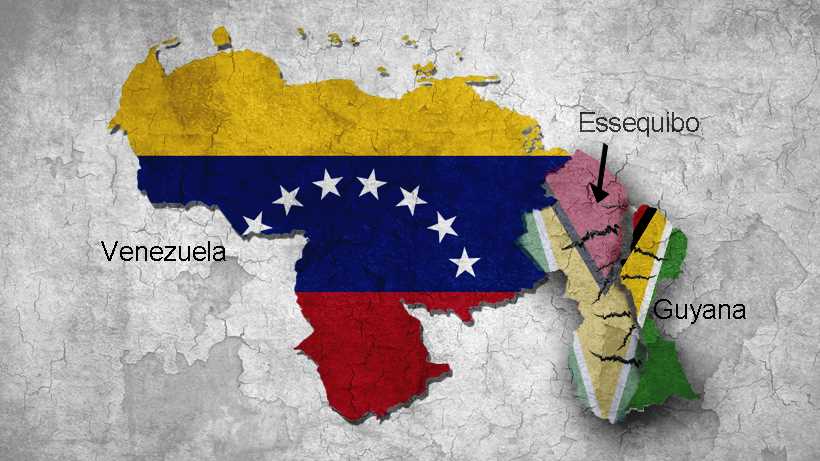Media Advisory:
The Guyana Business Journal (GBJ) & Caribbean Policy Consortium(CPC) present Episode IV of Transforming Guyana webinar was held on Wednesday, September 14, 2022, at 10:30 AM EST.
You can view the recording HERE
Panelists discuss Guyana’s emergence as a Petrostate and its implications for the Venezuela-Essequibo controversy.
The presentation made by Prof. Ivelaw Lloyd Griffith, Fellow Caribbean Policy Consortium, Tenth Vice-Chancellor and Principal of The University of Guyana from June 2016 through June 2019, is available below:
Panelists
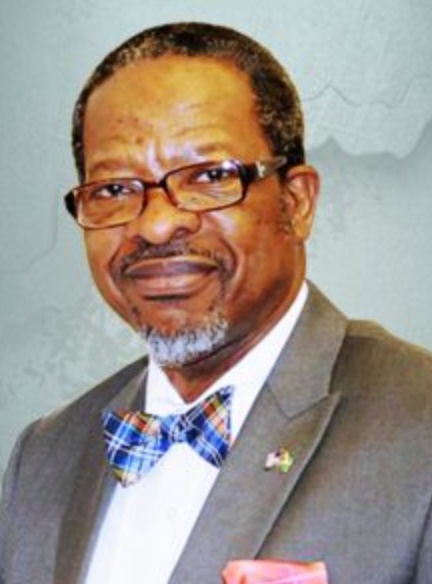
Prof. Ivelaw Griffith
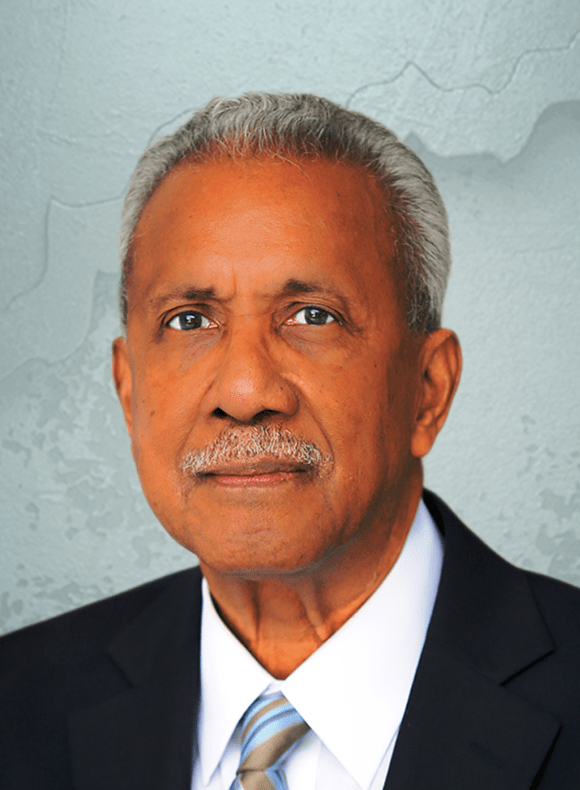
Prof. Anthony Bryan
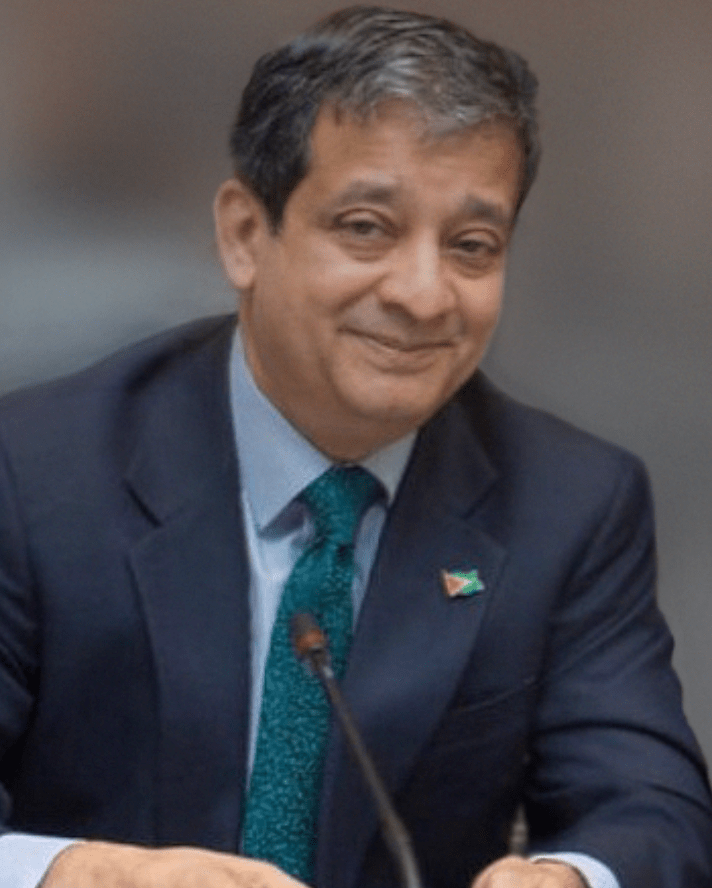
Dr. Riyad Insanally
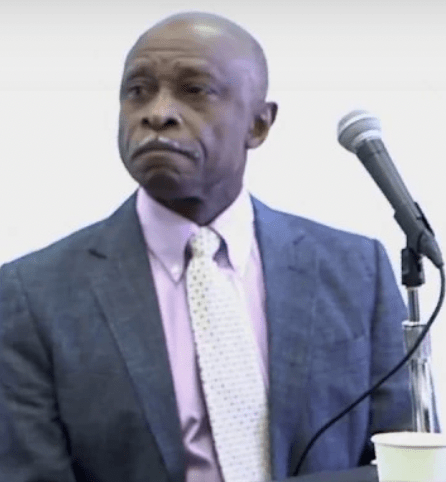
Hon. Carl B. Greenidge
Key Quotes
Carl B. Greenidge, (fmr) Vice President and Minister of Foreign Affairs, Guyana
“Because of the petroleum issue [and] the issue of the exploration of the maritime space, there’s a tendency by the press which sees petroleum as a more sexy area to focus on this matter as though it is a dispute between Guyana and Venezuela over the maritime space.”
“In the first instance, it does not concern the maritime space, it concerns the land boundary, and the claim by Venezuela in regards to this land boundary amounts to three-quarters (74%) of Guyana’s land surface. I don’t think with the exception of what now seems to be the claim of Russia in relation to […] I’m sure there is no territorial claim that currently exists involves such a demand […] it would leave us with practically no Guyana at all.”
“It needs to be said that that the border between Guyana and Venezuela is a border that also meets with Brazil’s border, at which border is one that had also involved the Brazilian claim on the territory that Venezuela currently claims. We signed a tri-party agreement, which is an agreement that says ‘this is where all borders meet, this is where the three borders meet.’”
”If any one of those countries decides that the borders agreement no longer stands, it is not something that Guyana alone can agree to.” […] “Brazil has never agreed that it will cede territory to Venezuela in that area.”
Dr. Anthony Bryan, Fellow Caribbean Policy Consortium and Center for Strategic & International Studies
“Production of gas in Venezuela has been severely constrained due to its poor investments and the fact that its national oil company has always been interested more in oil than in gas. Despite all of that, Trinidad and Tobago will have to conduct a very skillful game of diplomacy with respect to Venezuela and with respect to the claims over the Essequibo region. We’re not going to falter; we are a CARICOM country and will support Guyana’s territorial integrity.”
Dr. Riyad Insanally, Guyana’s (fmr) Ambassador to the United States
“…The oil and gas economy convergence and why it is important to focus on this, because it has serious implications regarding the challenge to Guyana’s geographic sovereign integrity. While I do agree with Professor Bryan as to the continuation of functional cooperation, the need for vigilance is important because many times, governments fail to defend their national sovereignty because of the slippery slope of the comfort of business engagement with counterparts and the oil and gas energy world is known for this”
Moderators
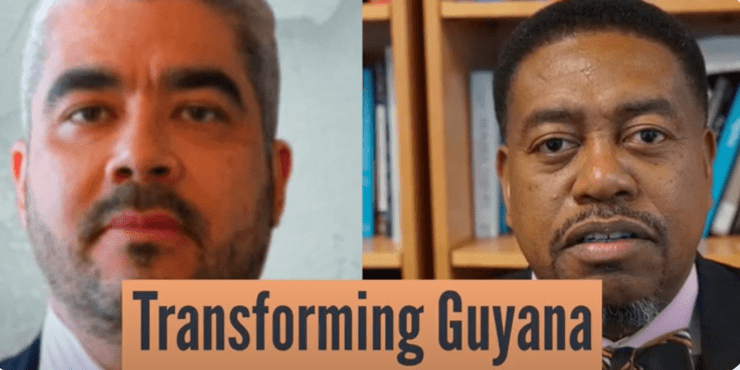
Dr. David Lewis (L) and Dr. Terrence Blackman (R)

THE GUYANA BUSINESS JOURNAL & THE CARIBBEAN POLICY CONSORTIUM are dedicated to exploring and understanding the Guyanese and Caribbean economy’s key issues and developing concrete policy proposals to support the region’s socio-economic and political development.
Latest Webinars
- Haiti: Moving Beyond the Crisis and U.S. Responses
- Transforming Guyana Season II, Episode 12
- CHALLENGED SOVEREIGNTY: THE IMPACT OF DRUGS, CRIME, TERRORISM AND CYBERTHREATS IN THE CARIBBEAN BY IVELAW LLOYD GRIFFITH
- Caribbean Energy 2024: Prospects, Challenges & Opportunities for Oil-Gas, Renewables and Environment
- Transforming Guyana: Season II, Episode XI, Community Engagement in the Era of Oil & Gas
